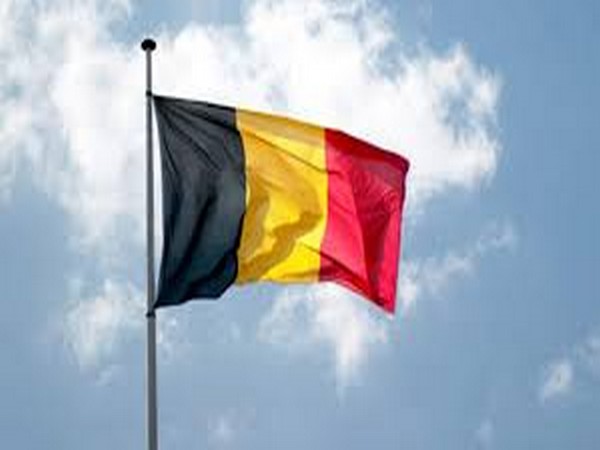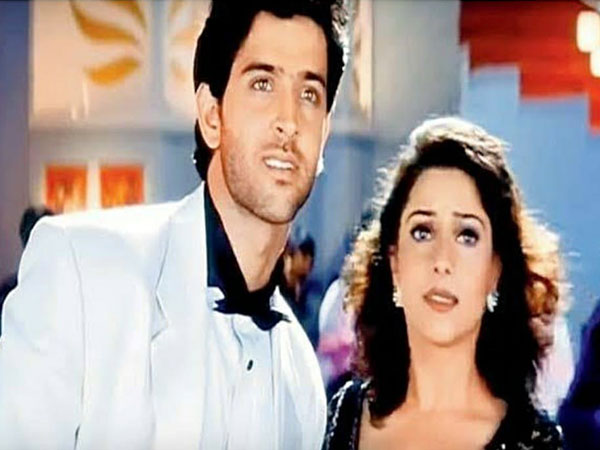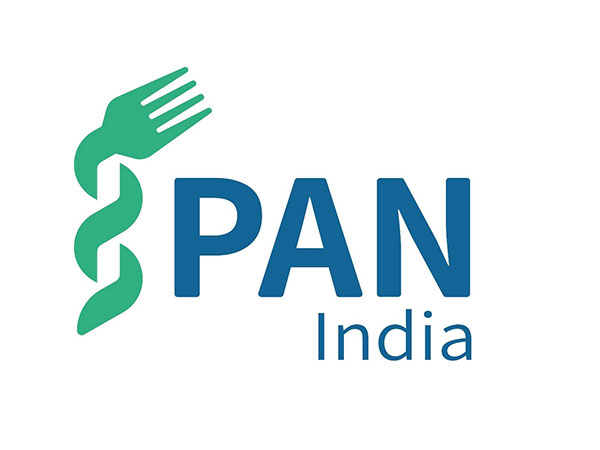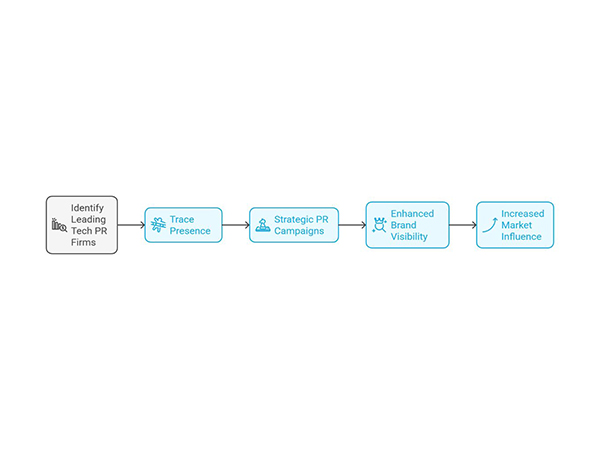
News Analysis: Experts expect gradual ECB rate cuts despite rising eurozone inflation
Jan 08, 2025
Brussels [Belgium], January 8: Eurozone inflation, as Eurostat reported, hit 2.4 percent in December, the highest since July, but experts expect the European Central Bank (ECB) to continue cutting rates slowly amid the region's weak economic outlook.
INFLATION PICKING UP
Service prices continue to drive eurozone inflation, rising 4 percent year-on-year in December, up from 3.9 percent in November. Energy prices turned positive, increasing by 0.1 percent while inflation for food, alcohol and tobacco held steady at 2.7 percent. Non-energy industrial goods inflation eased to 0.5 percent from November's 0.6 percent.
December marks the third consecutive month of rising inflation in the eurozone, steadily climbing to 2.4 percent after hitting a low of 1.7 percent in September.
Among major economies, Germany's annual inflation rose to 2.8 percent from 2.4 percent in November, while France's edged up from 1.7 percent to 1.8 percent. Spain recorded a jump to 2.8 percent while Italy's inflation slowed slightly from 1.5 percent to 1.4 percent.
According to a forecast by the Organisation for Economic Co-operation and Development, the eurozone's GDP is projected to grow by 0.8 percent in 2024, which will accelerate to 1.3 percent in 2025 and 1.5 percent in 2026, while the ECB remains more cautious, predicting growth at 1.1 percent in 2025 and 1.4 percent in 2026.
SHORT-TERM UPWARD RISKS
The year-end inflation increase was attributed to base effects, with the sharp drop in energy prices from the previous year no longer reflected in annual rates, according to consultancy Trading Economics.
"Examining the drivers of the higher inflation rate, it's important to note that the downward impact of energy prices is now petering out," said Peter Vanden Houte, chief economist at the Amsterdam-headquartered financial services corporation ING.
With the expiration of EU's gas transit deal with Russian via Ukraine, Brussels-based think-tank Bruegel estimates an annual shortfall of 140 terawatt hours for the bloc. Although liquefied natural gas imports may help bridge the gap, the costlier and less reliable alternative may place additional strain on consumers and industries across the EU.
"This upward trend isn't over yet. Natural gas prices are now more than 50 percent higher than a year ago, and oil prices are no longer falling," the ING economist added, expecting further rise in energy prices in the first quarter.
He also warned of rising agricultural commodity prices and the possibility of a trade war, both of which could push inflation higher.
Services inflation remains a concern as strong wage growth and pricing power keep upward pressures high. Surveys by PMI and the European Commission indicate persistent price hikes in the sector.
Vanden Houte expects inflation to rise further in the first quarter of 2025.
GRADUAL RATE CUTS EXPECTED
Despite the upward pressure and four rate cuts by the ECB over the past year, experts believe the central bank will continue easing rates to support the sluggish economy, though at a slower pace.
Michael Herzum, head of economics at fund provider Union Investment, told German news agency dpa that the short-term rise in inflation should not be misleading.
Carsten Brzeski, global head of macro at ING Research, echoed the sentiment, saying December and January's inflation rise will not prevent the ECB from further rate cuts. "At 3 percent, the deposit interest rate remain restrictive and definitely too restrictive for the current weak state of the eurozone economy."
Jack Allen-Reynolds, economist at Capital Economics, anticipated the ECB to continue gradual cuts. "For now at least, services inflation appears to be stuck around 4 percent means that ECB policymakers will tread carefully, preferring to cut in 25 basis points increments rather than moving more quickly," he noted.
Source: Xinhua News Agency









